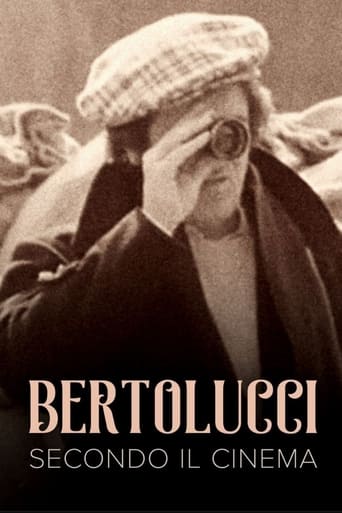
28 Feb 1976

The Cinema According to Bertolucci
Documentary on the filming of Novecento by Bernardo Bertolucci

Since the beginning of August 2010, Bioskop Permata has been closed down. This film tries to explain about the end of a long Yogyakarta cinema history which, at one point, had reached twenty theaters.

28 Feb 1976

Documentary on the filming of Novecento by Bernardo Bertolucci
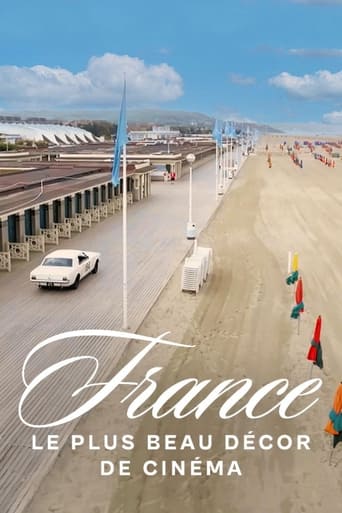
07 Jan 2024

No overview found
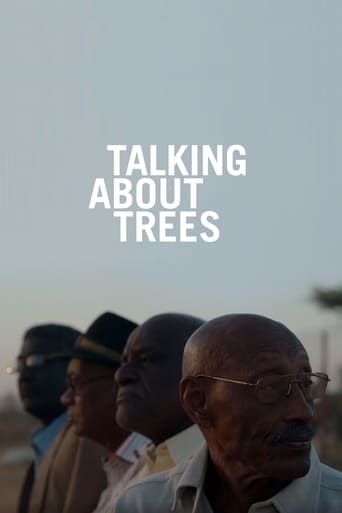
18 Dec 2019

Filmmakers Ibrahim, Suliman, Eltayeb and Manar, close friends for many years, left their motherland in the sixties and seventies to study film abroad and founded the Sudanese Film Group in 1989. After years of distance and exile, they are reunited, hoping to finally make their old dream come true: to bring back cinema to Sudan by reopening the Halfaia Cinema, a dilapidated theater in Khartoum.
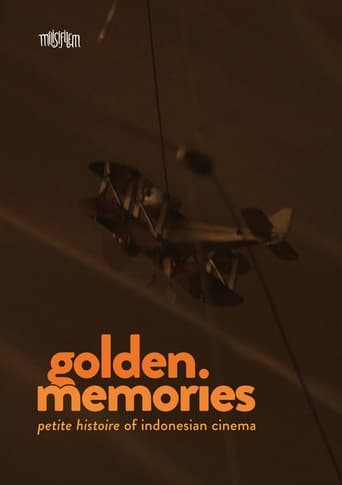
02 Feb 2018

Going through a journey of three filmmakers trail tracing Indonesia’s family cinema. From Indonesia to the Netherlands and back, they met Kwee Zwan Liang Cinema and Rusdy Attamimi Cinema, to a whole other level of the journey that brought them to not only culture issues in the public cinema but also on aesthetics and the truth of family cinema from a generation to the ones to come.
04 Sep 2020
No overview found
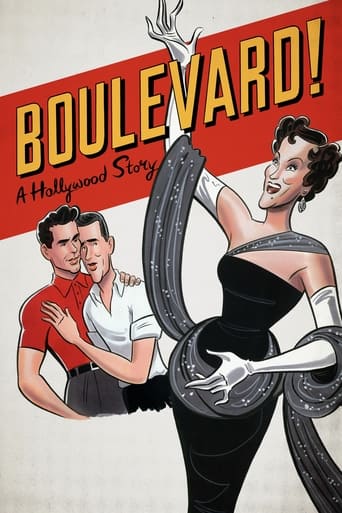
16 Aug 2021

Dickson Hughes and Richard Stapley, two young composers and romantic partners, are caught in the web of silent film star Gloria Swanson when she hires them to write a musical version of Sunset Boulevard, her 1950 film directed by Billy Wilder.
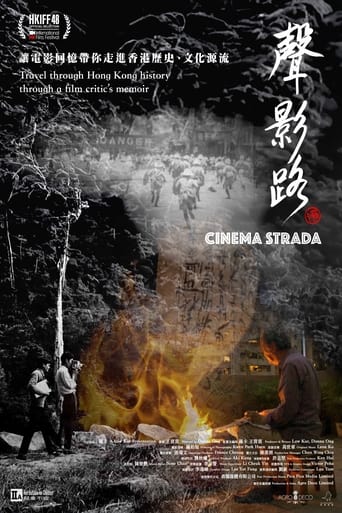
27 Apr 2024

Having devoted much of his career to programming and film history research, Law Kar, a.k.a. Uncle Kar, places himself before the camera for the first time. This nostalgic trip down memory lane, as he recounts his personal and cinematic experiences, from film criticism, experimental filmmaking to auditioning for Federico Fellini, cumulates in a brief history of Hong Kong cinema itself. Reflecting on the past 80 years, Law Kar's affectionate documentary sheds light on local movies and Chinese cinema, brooding over the socio-political transformation of our perplexed city, as the restless cinephile ponders the role cinema and art play in times of crisis.

20 Apr 2010

A retrospective documentary about the groundbreaking horror series, Friday the 13th, featuring interviews with cast and crew from the twelve films spanning 3 decades.
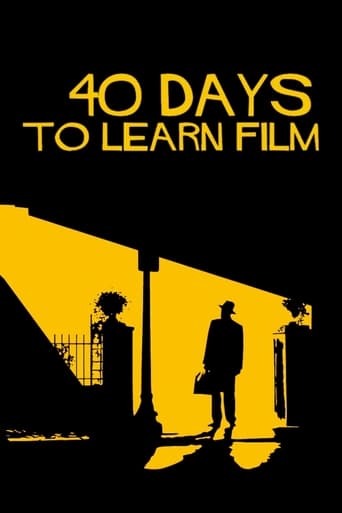
10 Apr 2020

For just forty days, filmmaker and writer Mark Cousins embarks on a peculiar journey in order to explore topics as the passion for cinema and certain aspects related to making films as style, ideas, emotions and practicalities; an ambitious exploration of the universal language of cinema by analyzing pieces of work that cross every artistic and cultural boundaries.
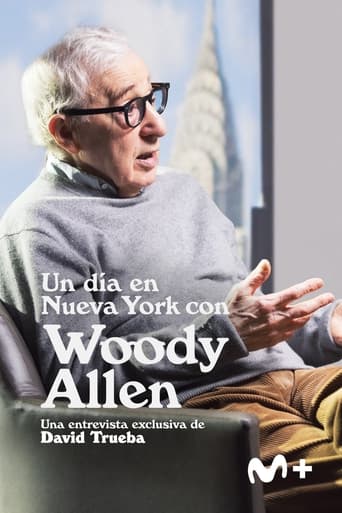
23 Feb 2024

Spanish filmmaker David Trueba travels to New York to interview Woody Allen, who reviews his filmography and his many personal and artistic concerns.
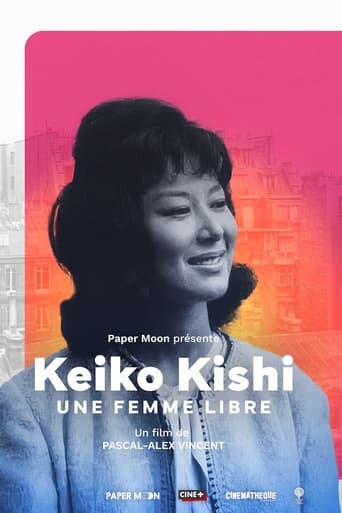
16 Oct 2023

Born in 1932, Keiko Kishi has been one of the first Japanese actresses known worldwide. Her decision to move to France and to marry director Yves Ciampi in 1957 – after he filmed her in Typhoon Over Nagasaki starring Jean Marais and Danielle Darrieux – caused a huge scandal in Japan. Despite this transgression, Keiko Kishi continued acting in her home country with Kon Ichikawa, Yasujiro Ozu, Masaki Kobayashi… building unique bridges between Japanese and European cultures. Free and rebellious, she emancipated herself from the many obstacles she encountered in the film industry, and created her own production company in her early twenties. Let’s look back at the story of a pioneer, an inspiration for many generations.
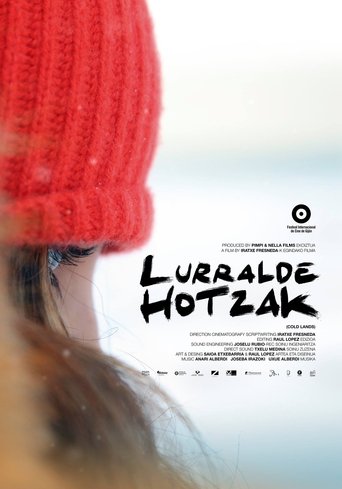
22 Nov 2018

'Cold Lands' makes a personal journey through the images and cinema, guided by filmmakers and artist like, Theo Angelopoulos, Bego Vicario, Wim Wenders or Rut Hillarp among others. In this non-fictional road-movie their vision of what cinema is, of what is hidden behind the images, intersects with the world of beekeeping, architecture and the human landscape.
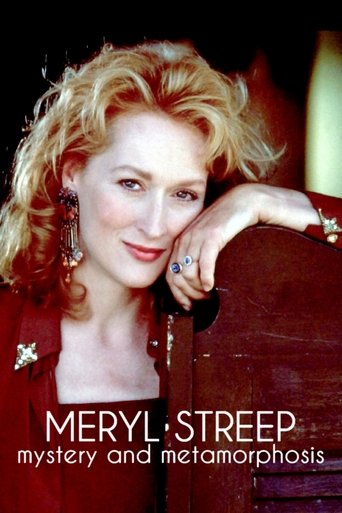
16 Aug 2020

Meryl Streep is one of the most versatile and successful actresses of all time and is still considered a superstar after 50 years of career. She fascinates filmmakers and audiences alike with her broad range of expression.
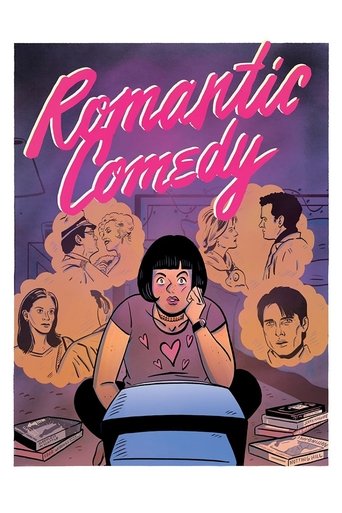
03 Dec 2020

This documentary goes beneath the surface of our favorite films, seeking to better understand the way we view love, relationships, and romance. From clumsy meet cutes to rain-soaked declarations of love, these films reflect our experiences but are often just as problematic as they are comforting. Helped by a chorus of critics, actors, and filmmakers, and original songs by her band Summer Camp, director Elizabeth Sankey embarks on a journey of investigation and self-discovery.
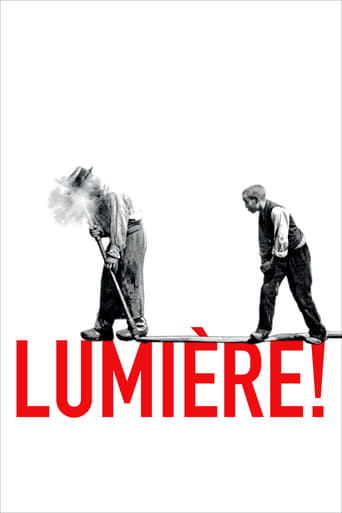
07 Jun 2016

A collection of restored prints from the Lumière Brothers.
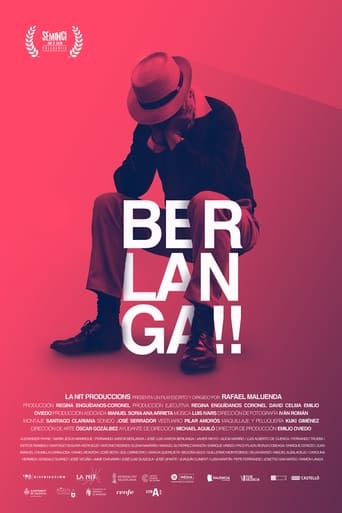
26 Oct 2021

How does the vision of the brilliant Spanish filmmaker Luis García Berlanga (1921-2010) remain relevant in a time whose popular culture has little to do with his own? Since to understand the secrets of an artist it is essential to know the person behind, his family, his friends, his collaborators, as well as prestigious filmmakers and actors trace a collective portrait of a creator as singular as he is universal.
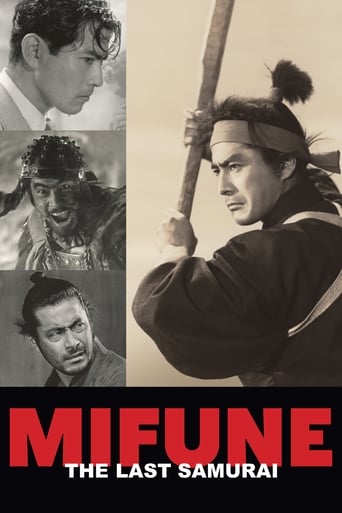
02 Dec 2016

An account of the life and work of legendary Japanese actor Toshirō Mifune (1920-97), the most prominent actor of the Golden Age of Japanese cinema.
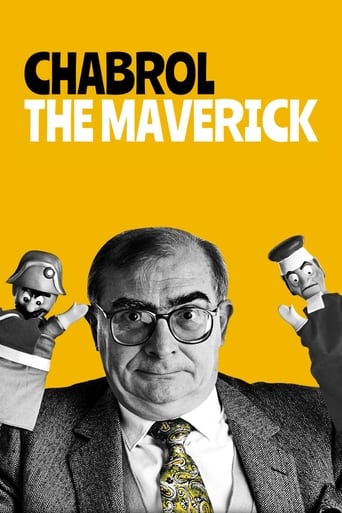
25 Jan 2019

An account of the life and work of French filmmaker Claude Chabrol (1930-2010), a sybarite Buddha, a furtive anarchist, an insolent lover of life.

02 Jan 1975

A memory of Marilyn Monroe (1926-1962), woman, actress, goddess, myth, in the words of the Spanish director and scriptwriter José Luis Garci, who returns to his childhood and recovers a lost paradise.
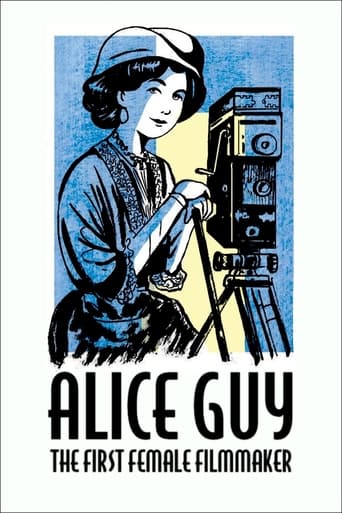
20 Nov 2021

Who, apart from moviegoers, knows Alice Guy (1873-1968) today? However, she was the first woman behind the camera and the first female director and producer of fiction films in history.